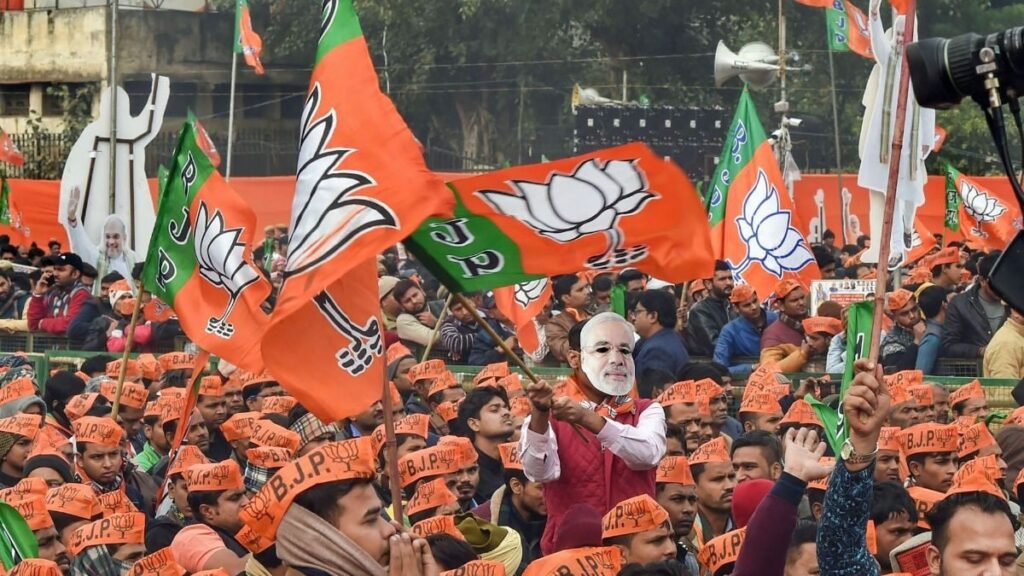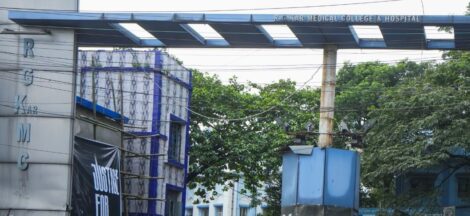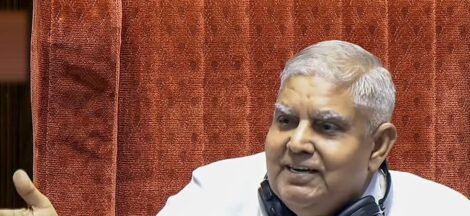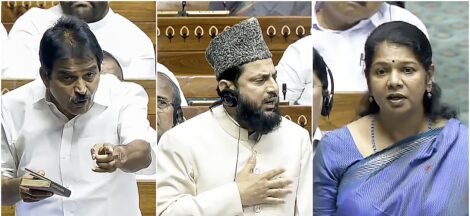The Bharatiya Janata Party’s (BJP) first list of 195 candidates had five of the seven seats from the national capital— New Delhi, South Delhi, West Delhi, Chandni Chowk and North East Delhi parliamentary constituencies. However, of the five, four were fresh faces, with senior leaders such as Ramesh Bidhuri and Union Minister Meenakshi Lekhi being dropped. Sources say even for the remaining two, one will be a fresh face.
While many reasons are being attributed to this massive overhaul, including sending a message to loudmouths such as Bidhuri and Parvesh Singh Verma, the real reason is a political calculation to retain the BJP’s 100% strike rate in Delhi.
The Aam Aadmi Party (AAP) and Congress are in an alliance in the national capital. The AAP will contest four seats – New Delhi, South Delhi, West Delhi, and East Delhi – while the Congress will field candidates in Chandni Chowk, North East Delhi and North West Delhi constituencies.
In the 2019 Lok Sabha elections, the Congress had secured 22.50% vote share in Delhi, while the AAP’s vote share was 18.10%. The anti-BJP vote was divided, which is unlikely this time, which is why the BJP is being extra cautious.
Although the saffron party polled over 56% of votes in the 2019 Lok Sabha elections in Delhi, a year later, in the Delhi Assembly elections, the AAP swept Delhi, winning 62 seats in the 70-member House. The BJP won just eight seats, five more than its 2015 tally, with 38.5% vote share. In the 2020 Delhi Assembly polls, the AAP’s vote share was an emphatic 53.6%.
At a time when the Prime Minister has set a target of 370 seats for the BJP, each seat is important. Hence, the BJP wanted to go with a clean slate and new names in most seats, leading to the inclusion of Ramvir Singh Bidhuri (South Delhi), Praveen Khandelwal (Chandni Chowk), Kamaljeet Sehrawat (West Delhi) and Bansuri Swaraj (New Delhi). Only Manoj Tiwari (North East Delhi) has been repeated, considering his influence among the Purvanchali voters in Delhi.
The BJP was keen to avoid any anti-incumbency in the four seats that saw fresh faces to face a combined AAP-Congress. For instance, Ramesh Bidhuri, the sitting MP, has represented the South Delhi seat since 2014. He was an MLA before that. Similarly, Parvesh Verma has won three consecutive Lok Sabha elections — 2009, 2014 and 2019.
With inputs from News18




 HC reserves verdict on transfer of Shahjahan probe to CBI
HC reserves verdict on transfer of Shahjahan probe to CBI 